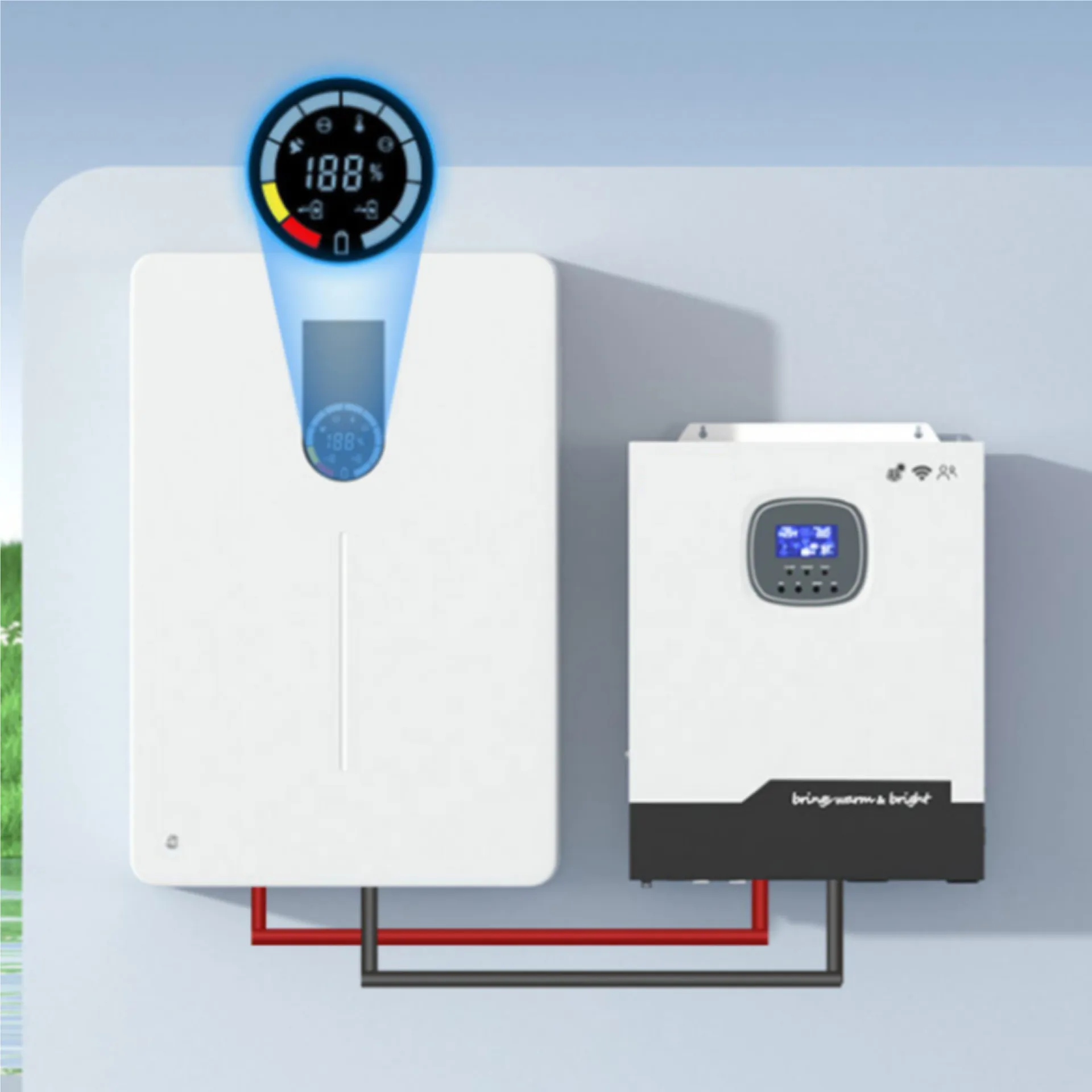solar panel wattage
Understanding Solar Panel Wattage A Key Factor in Solar Energy Systems
As the world shifts toward sustainable energy solutions, solar power has become a pivotal player in the quest for cleaner and renewable energy
. Among the various factors influencing the efficiency and effectiveness of solar energy systems, the wattage of solar panels stands out as a critical element for both homeowners and industry professionals. This article explores what solar panel wattage means, its importance, and how it affects the overall performance of solar power systems.Solar panel wattage refers to the maximum amount of power a solar panel can produce under standard testing conditions, typically measured in watts (W). This figure is essential in determining how much electricity a solar panel can generate, making it a key consideration for anyone looking to install solar panels. Generally, residential solar panels range from about 250 watts to 400 watts, while commercial solar panels may offer even higher wattage.
The significance of wattage extends beyond mere numbers; it fundamentally affects the overall energy output of a solar power system. For instance, a homeowner with a 300-watt panel will generate more electricity than one using a 250-watt panel, assuming the same sunlight conditions. Therefore, understanding wattage helps consumers determine the number of panels needed to meet their energy requirements. For example, if a homeowner uses 900 kWh (kilowatt-hours) of electricity per month, they can estimate how many solar panels are necessary based on their wattage ratings.
solar panel wattage

Moreover, wattage plays a significant role in space efficiency. Homes or businesses with limited roof space may prioritize higher-wattage panels, as they can produce more energy without requiring additional installation area. This consideration is particularly important in urban settings or on properties with complex roof designs.
Another aspect to consider is the efficiency of the solar panels. While wattage measures the potential power output, the efficiency rating reflects how effectively a panel converts sunlight into electricity. A higher wattage panel does not always equate to higher efficiency, as this value also depends on the technological design and materials used in the panel's construction. High-efficiency panels may offer higher wattage but can also be more expensive, which is a crucial factor for consumers balancing initial costs, long-term savings, and space constraints.
It's also worth noting that solar panel wattage can be influenced by various external factors, including sunlight exposure, shading, and temperature. These environmental elements can affect the actual power output, leading to performance that may differ from the rated wattage. Therefore, conducting a thorough site assessment and considering the local climate are essential steps before installing solar panels.
In conclusion, understanding solar panel wattage is vital for anyone looking to invest in solar energy. It helps homeowners and businesses gauge energy production potential, determine the number of panels required, and make informed decisions based on space and budget constraints. With the growing emphasis on renewable energy, grasping the intricacies of solar panel wattage will empower consumers to optimize their solar power systems, contribute to sustainability efforts, and reduce their reliance on traditional energy sources. As solar technology continues to evolve, keeping an eye on wattage will remain a key aspect of the solar journey.
-
String Solar Inverter: The High-Efficiency Solution for Smart Solar EnergyNewsJul.14,2025
-
Revolutionizing Rooftop Energy with the Power of the Micro Solar InverterNewsJul.14,2025
-
Power Independence with Smart Off Grid Solar Inverter SolutionsNewsJul.14,2025
-
On Grid Solar Inverter: Powering the Future with Smart Grid IntegrationNewsJul.14,2025
-
Monocrystalline Solar Panels: High-Efficiency Power for the Future of Clean EnergyNewsJul.14,2025
-
Bifacial Solar Panel: A Smarter Investment for Next-Generation Energy SystemsNewsJul.14,2025







